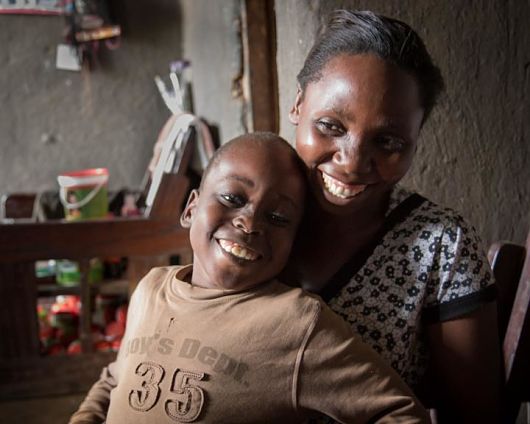Benefits of Parenting Intervention in Uganda

Often it is the simple, low-resource interventions that can have the most impact in improving the lives of women and children.
In Lira, Uganda, a community-based parenting intervention has proven to be successful in supporting both child development and maternal wellbeing.
The link between maternal wellbeing and child development is important. Maternal depression can be stigmatized or regarded as unrelated to child health. However, the study implemented by Dr. Singla and his colleagues reveals that maternal and child health are related and can be addressed together.
The study selected 12 parishes in Lira; half participated in the parenting intervention and the remaining parishes served as a control group. Mothers were paired with their children in the study. The children were between 12 to 36 months old, and the mothers were selected for a background of low maternal education.
The parenting intervention group consisted of 12 fortnightly peer-led group sessions related to maternal wellbeing and caring for children. Topics discussed included increasing the involvement of fathers as well as ways to care for children in regards to playing, talking, hygiene practices and expressions of love and respect.
Results of the intervention program were assessed with the Bayley Scales of Infant Development and the Center for Epidemiological Studies Depression Scale. The endline results were collected three months after the 24-week program ended.
Children who were in the intervention group had higher cognitive scores and receptive language scores. Mothers in the intervention group also self-reported fewer symptoms of depression. These results are positive and confirm the hypothesis that maternal and child health can improve in a unique way when the issues are addressed together.
Atif Rahman, Professor of Child Psychiatry at the University of Liverpool, and his colleagues support the integration of maternal mental health into maternal and child health programs. They also emphasize that this work must connect to broader goals, such as poverty reduction and gender empowerment.
It is significant that this Ugandan program was successful with non-professional, local community members because this indicates that similar programs can be implemented without great expenses.
– Iliana Lang
Sources: The Lancet Global Health, PLoS Medicine
Photo: Pulitzer Center
